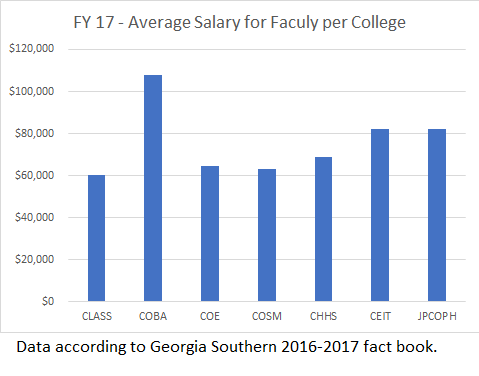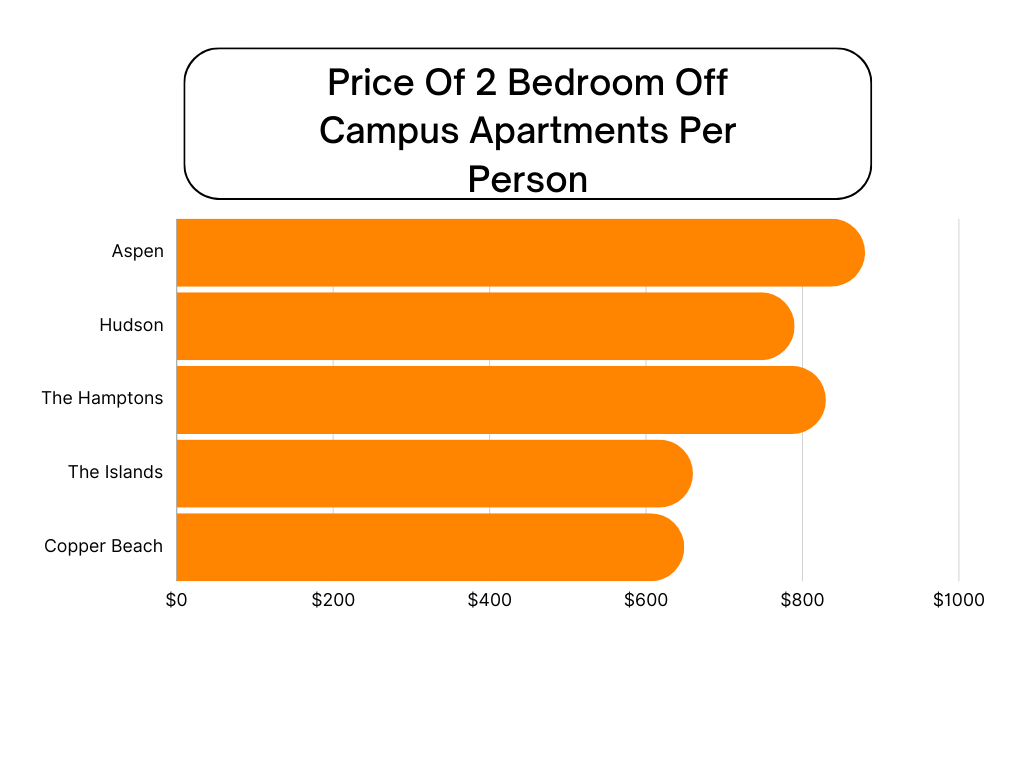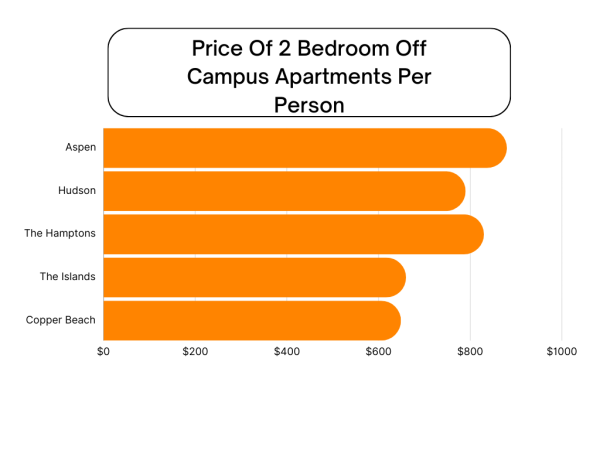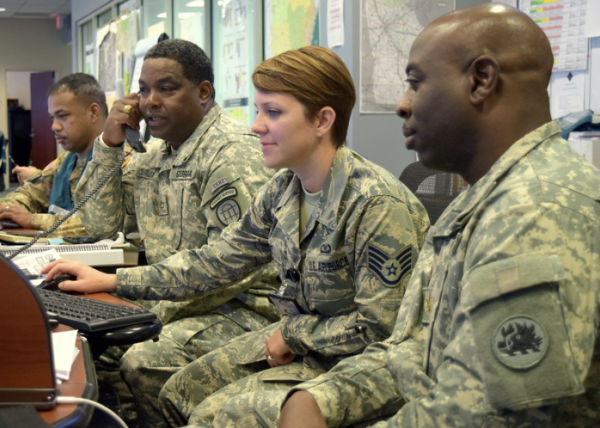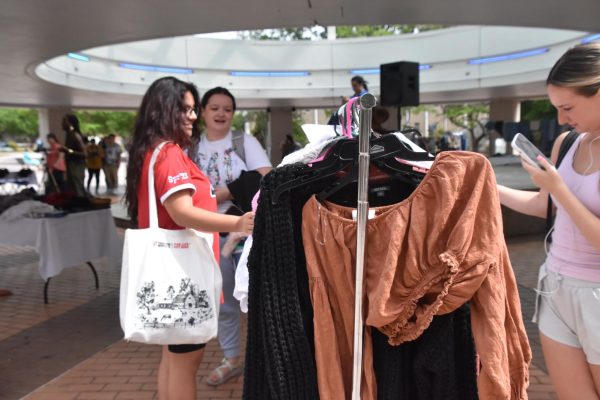Disparities in faculty salaries at GS
April 12, 2018
The problem of equal pay across genders is common among higher education and Georgia Southern University is no exception. Female faculty members at GS, are constantly underpaid compared to their male counterparts.
Martha Venn, Deputy Vice-Chancellor for Academic Affairs at the University System of Georgia and Joel Wright, Director of the Equal Opportunity and Title IX office at GS, both feel that equal pay is a national problem not only in higher education, but across the board.
“Equal pay is obviously a nation-wide concern. It’s something that we all need to pay attention to and make sure everyone is doing their part to make sure that pay is distributed without regard to gender, race or ethnicity,” Wright said.
Looking at the numbers from 2016-2017 fiscal year
At GS, the average female faculty salary is $61,364.58, according to data collected from open.ga.gov. To arrive at this number, data from the 2016-2017 fiscal year was used to calculate the average salary for female faculty employed at GS during that time.
On the other hand, the average male faculty salary is $76,870.69. The disparity in salary is not only evident in the total average for female and male faculty, but in each position and college as well. The average male faculty salary was calculated using the same process as the average female faculty salary.
On average, male professors, associate professors, assistant professors, temporary faculty, limited term faculty, department chairs, lecturers and lab assistants make more money than female faculty in those same positions. The only position in which female faculty earn a higher salary is as an instructor, with an average salary of $59,991.87, mainly because in the 2016-2017 fiscal year, 27 of these positions were filled by females.
One of the reasons this is the case is because female faculty have a harder time moving up to higher or tenured positions within universities.
At GS, only 146 female faculty members are tenured, which has remained the same since Fall 2014, 106 are on tenured track and 103 are non-tenured, while there are 216 male faculty members who are tenured, 130 are on tenure track and only 41 are non-tenured, according to Georgia Southern 2016-2017 fact book.
Higher salaries depending on college
At GS, most of the highest salaries are within the College of Business (COB), College of Engineering and Information Technology (CEC) (now College of Engineering and Computing) and College of Health Professions, which is a common national trend. However, in COB, CEC and College of Science and Mathematics (COSM), there is a higher number of male faculty members than female faculty members.
The problem with faculty salary within colleges, like the College of Business, is that the representation of women is much lower, which result in a lot of the men that are professors in these colleges earning higher salaries.
In COB for the 2016-2017 fiscal year, there were 120 faculty members with 68 being males and 37 being females. In CEC, for the same period, there were 70 faculty members with 60 being males and 10 being females. In COSM, there were there were 166 faculty members with 105 being males and 61 being females. For this study, only faculty members who were at GS during that time and appeared on Open.ga.gov were counted.
On average, faculty in COB earn $107,766 in salary, according to the Georgia Southern 2016-2017 fact book. One of the factors that contributes to this is the market for faculty in areas for business.
“A business professor could go out to the field of business and make a lot more money than they are making in higher education,” Venn said.
Traditionally, positions in the liberal arts and social sciences, have earned a lower salary than other disciplines. At GS, the College of Liberal Arts and Social Sciences (now College of Arts and Humanities) has the lowest average salaries for faculty with an average of $60,132, although it has the highest number of faculty with 232 individuals. Of those 232 faculty members, 152 are women and 140 are men. Even with the higher number of female faculty members, male faculty members, on average, still make more money than female faculty members in CLASS.
Fixing the problem
GS President Jaimie Hebert said, after the concern was brought up at a faculty senate meeting in Nov. 2017, the university will be conducting a comprehensive salary study to determine what needs to be fixed, if anything. However, the study is more to find a way combine the salaries of Armstrong State and GS to have the same salary at the new institution and not necessarily looking into gender gap.
{{tncms-inline content=”<p>&ldquo;We will initiate a study in the spring. We will probably at that point begin conversations with an external group. We will probably hire a consultant to come in and do an independent comprehensive salary study,&rdquo; Hebert said in an interview in November.</p>” id=”a5599b18-f4e1-4b70-aebe-58f045798697″ style-type=”quote” title=”Pull Quote” type=”relcontent”}}
Hebert wants the study to be able to establish a baseline from which the university can begin to create plans that will help dealing with internal equity issues and external marketability issues.
“We know those exists, but I feel it’s much better to get outside eyes in to get a full baseline assessment of all faculty and staff salaries on campus and then start prioritizing where we need to address equity issues and marketability issues,” Hebert said in an interview in February.
At the Feb. 2018 faculty senate meeting, Diana Cone, interim provost and vice-president for academic affairs, was asked about the faculty salary study. Cone said that President Hebert is still in the process of looking for an external group or consultant to conduct the study.
Venn feels that the gender-pay-gap can be fixed, but it will be a challenge in higher education.
Venn said, “I would hope that it is possible. I’m always optimistic. In this day in age, in higher education, with resources, tighter and tighter and less coming from the state, it will be a challenge to find the money to do that, but it is something that I feel ethically or morally we need to do.”
Jozsef Papp, Editor-in-Chief, gaeditor@georgiasouthern.edu

